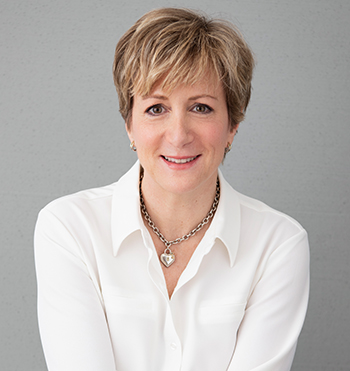Hi, I’m Catherine
 I’ve been a therapist for over ten years.
I’ve been a therapist for over ten years.
Many individuals and couples I work with experience stress, anxiety, anger, sadness, loneliness, and other feelings due to unsatisfying, disruptive, or toxic relationships.
I help clients make considerable shifts in their lives by combining scientifically proven Cognitive-Behavioral Therapy (CBT) with Structural Family Systems Therapy (SFT). CBT helps the individual, while SFT addresses the unhelpful patterns of communication and interaction within the relationship.
Before becoming a therapist, I was an FBI agent.
I’m at my best when in service to others. I’d always been interested in studying people and culture; I tried to satisfy this by working in counterintelligence and terrorism.
I took every course on interviewing, interrogation, and recruiting I could find. I became an FBI Certified Crisis Negotiator and did three temporary duty tours at the U.S. Embassy in Egypt after the 9/11 terrorist attacks.
In 2005, I received an appointment as the Assistant Legal Attaché at the U.S. Embassy in Baghdad. Iraq was nasty at that time, and the Green Zone had been taking regular rocket fire. I clearly remember the day the sirens were blaring, and I was hunkered down in my quarters, repeatedly asking myself, “If I get out of here, how would I like to spend my time?”
There’s nothing like the clarity that comes with life-threatening situations. I learned a lot about myself.
Things changed after that.
Through deep soul-searching, I realized I wanted to be a therapist and work directly with people on a more personal level. For me, the role of a therapist is another form of service.
After completing my tour in Iraq, I resigned from the FBI and enrolled in a clinical social work program to start my therapy practice. The rest, as they say, is history.
I’m now a licensed psychotherapist working with adults, couples, and families. Nothing excites me more than to watch the lives of my clients improve and thrive!
Are you ready to address your problems and find real solutions that last? If so, reach out today. Let’s talk more during your free consultation: (863) 450-6333.

